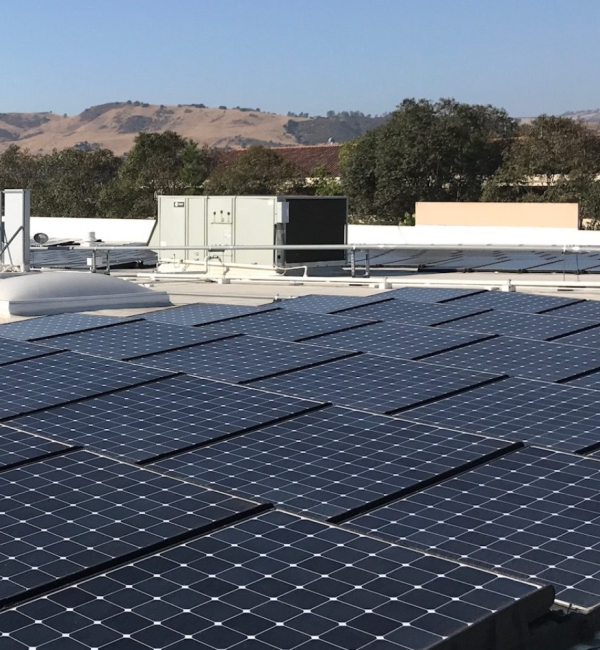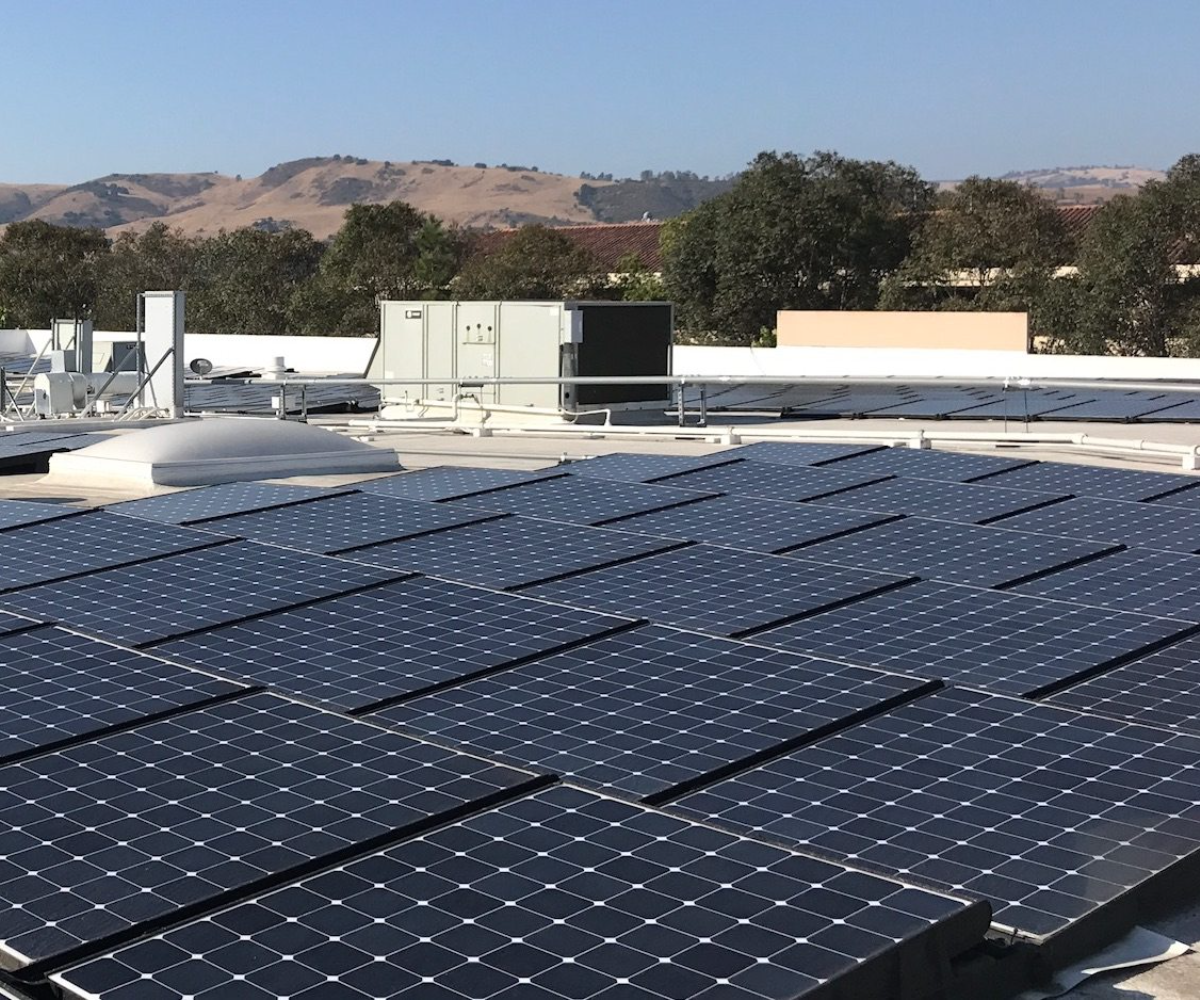Services We Provide
Industrial and commercial solar power plants offer significant benefits, including cost savings, increased energy independence, and environmental sustainability. These plants convert sunlight into electricity using solar panels and other components, providing a renewable and clean energy source. The systems can be installed on rooftops or on land, and their output varies depending on factors like sunlight availability and panel efficiency.
Key Benefits:
- Cost Savings:Solar power plants can significantly reduce electricity bills by generating electricity on-site, reducing reliance on expensive grid power and hedging against rising energy prices.
- Energy Independence:Businesses can become less vulnerable to fluctuations in energy prices and supply disruptions by producing their own power.
- Environmental Sustainability:Solar power plants reduce carbon emissions and contribute to a cleaner, greener future.
- Increased Property Value:Commercial solar installations can increase the market value of a property.
- Reliable Energy Supply:Solar energy provides a reliable and uninterrupted source of power, especially in regions prone to grid outages.
- Government Incentives:Various government incentives and subsidies can help offset the initial investment and improve the financial viability of solar energy adoption.
Factors to Consider:
- Initial Cost:The initial investment in a solar power plant can be substantial, although government incentives can help offset these costs.
- Maintenance:Regular maintenance is essential for continual operation.
- Output Variability:The output of a solar power plant can vary depending on factors like sunlight availability and panel efficiency.
- Regulated Hurdles:Navigating the regulatory landscape and obtaining approvals can be time-consuming.
- Land Acquisition:Finding suitable land with adequate sunlight and proximity to the grid can be challenging.
Components of a Solar Power Plant:
- Solar Panels: Convert sunlight into direct current (DC) electricity.
- Inverter: Converts DC electricity into alternating current (AC) electricity.
- Other Supporting Components: Include meters, wiring, and mounting structures.
Easy Installation
Wind is a source of energy which is non-polluting and renewable, wind turbines create power without using fossil fuels.
Long Time to Use
Source of energy which is non-polluting and renewable, wind turbines create power without using fossil fuels.
Industrial and commercial solar power plants typically have a lifespan of 25 to 30 years. This long lifespan makes them a valuable investment for businesses seeking to reduce energy costs and contribute to a sustainable future.
A grid-connected solar power plant consists of several key components:
- Solar panels (PV modules):These convert sunlight into direct current (DC) electricity.
- Inverter:This converts the DC electricity from the solar panels into alternating current (AC) electricity, which is compatible with the power grid.
- Supporting components:These include mounting frames, transformers, and other electrical components that ensure the smooth operation of the system.
- Meter:This measures the amount of electricity generated by the solar panels and the amount of electricity consumed from the grid.
There are numerous benefits to using solar power in an industrial or commercial setting:
- Reduced energy bills:Solar power can significantly lower electricity bills by offsetting the need to purchase power from the grid.
- Lower operational costs:Reduced energy bills can lead to lower overall operational costs for businesses.
- Fixed-cost solution:Solar power provides a fixed-cost solution for electricity, which can help businesses better manage their budgets and predict energy costs.
- Reduced reliance on fossil fuels:Solar power is a renewable energy source that reduces reliance on fossil fuels, lowering carbon emissions and contributing to a more sustainable environment.
- Environmental benefits:Solar power helps reduce carbon emissions, a key step towards combating climate change.
- Increased property value:Businesses that invest in solar power can experience an increase in their property value, making it a good long-term investment.
- Government incentives and tax breaks:Various government programs and tax breaks are available to incentivize the use of solar power, reducing the upfront costs of installation.
- Cost-effective and scalable:Solar power is a cost-effective solution for businesses of all sizes, and it can be scaled up or down to meet specific energy needs.

Services We Offer
We specialize in consulting in choosing and actually installing doing the of both full-cycle batteries.
- Satisfaction Value For Money Solution
- Vertical Axis Wind Turbine
- Horizontal Axis Wind Turbine
- Wind Mills
- Capicola ground round venison

